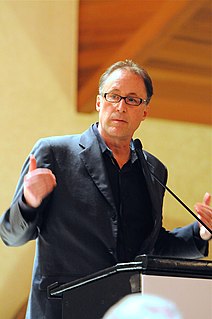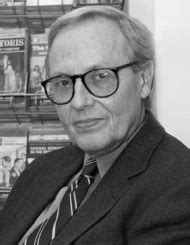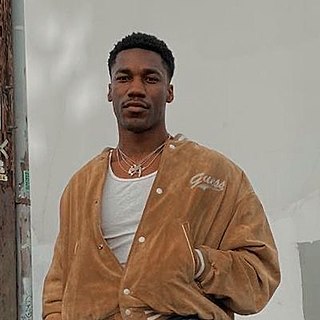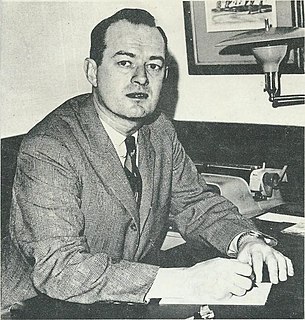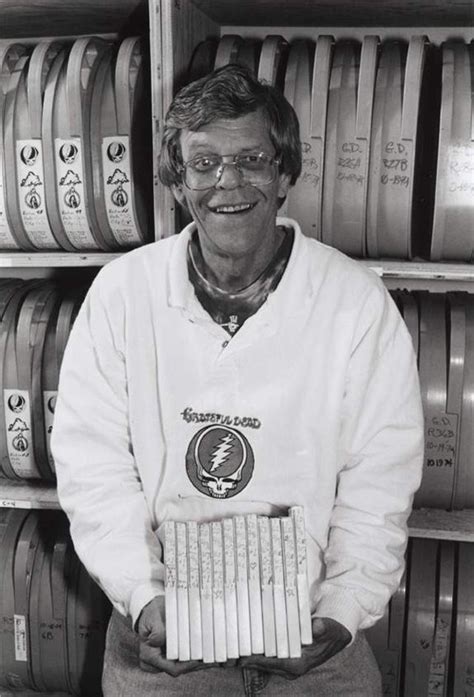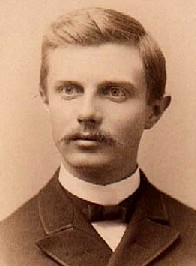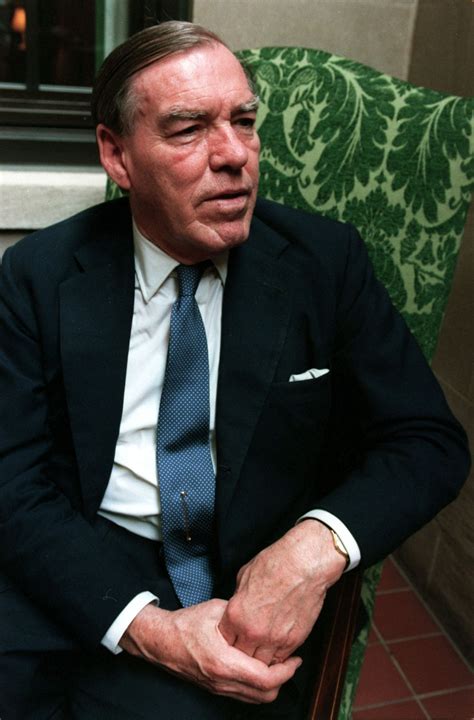A Quote by Hampton Sides
I don't concentrate on any one period of history; I like to locate my stories in wildly different eras and places. I seem to be drawn to large, sprawling, uncomfortable swaths of American history, finding embedded within them a tight narrative that involves strife, heroism, and survival under difficult circumstances.
Related Quotes
This is a landmark work in the history of African American studies and American intellectual history. Writing with verve, Jackson brings to life a large cast of characters and traces an ongoing conversation among the writers and critics of this period. This book is likely to become a model for a new generation of scholars, both for the breadth of its engagement and the depth of its archival research.
So I did a program with the Recording Academy, the Grammy Museum. So pretty much they take, like, one hundred kids during the summer and for a week or two every day they go over something different in music history. Then during the music history part of the program, they would just tell us about the different eras.
I don't have an agenda. I don't have things I want to get to or something. I have like a broad, slim grasp of certain periods and certain shows within that period, an awareness of them, but they demand re-listening. I have a flimsy grasp of all the eras and ideas within each period of what would be a good show to think of.
Moreover, it is so important that people have the opportunity to share their stories and have them documented. There have been large-scale oral history projects after many events, from September 11th to Hurricane Katrina. Many oral history projects are much more confined, but equally valuable. We can learn about different working conditions, living conditions, trauma experiences and much more through oral history.
I definitely love history. I'm not formally trained or educated in history, but you could say I did go back to college in 2008 to do Untold History of the United States. That took five years. Co-author Peter Kuznick has been teaching history for something like 35 years, at American University and other places. His group of researchers brought me into contact with a lot of books.
If, in schools, we keep teaching that history is divided into American history and Chinese history and Russian history and Australian history, we're teaching kids that they are divided into tribes. And we're failing to teach them that we also, as human beings, share problems that we need to work together with.
